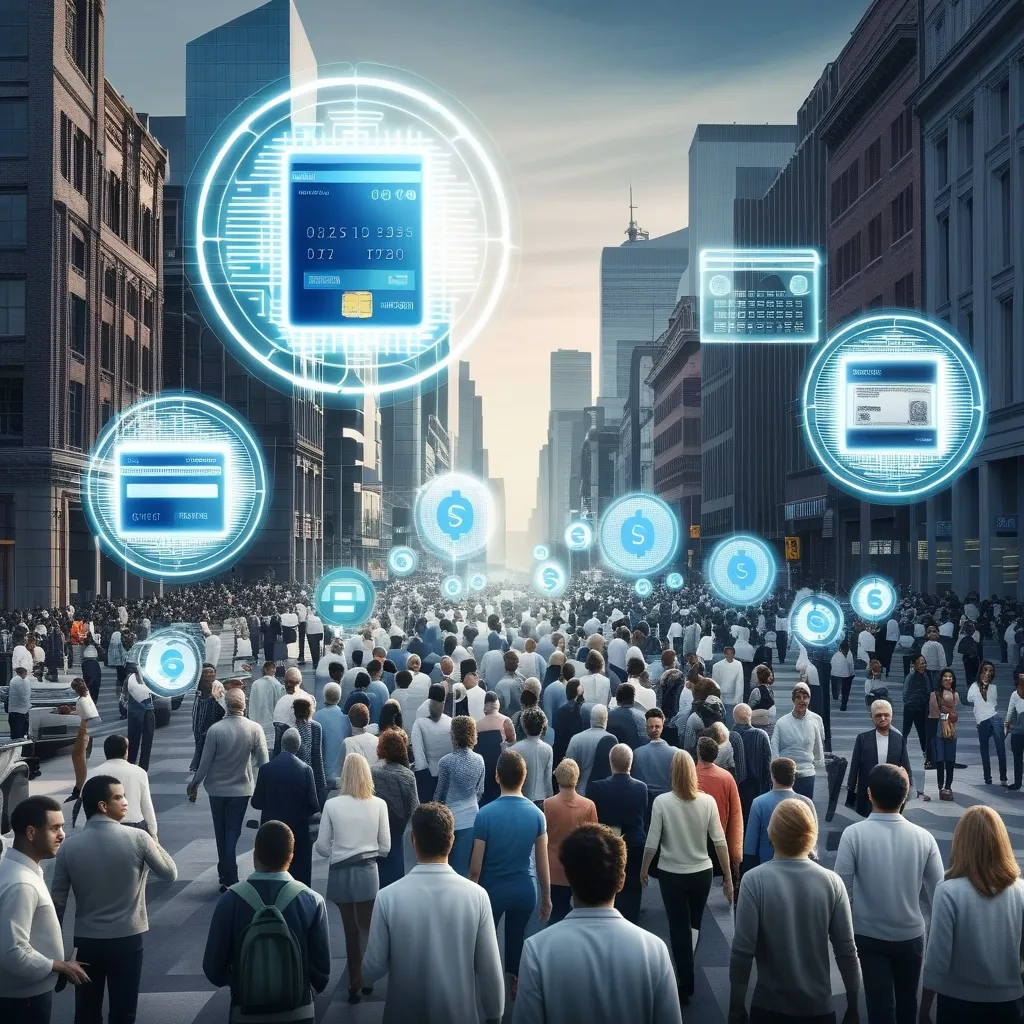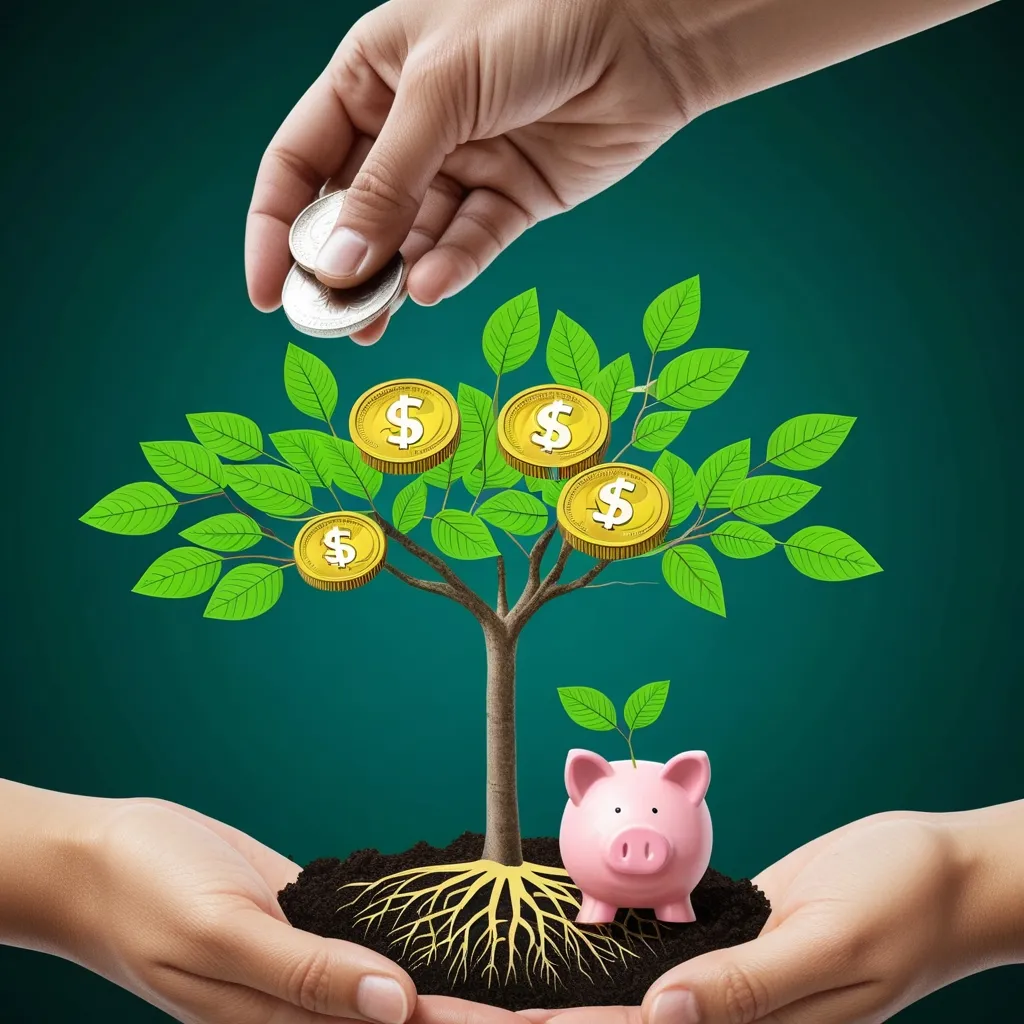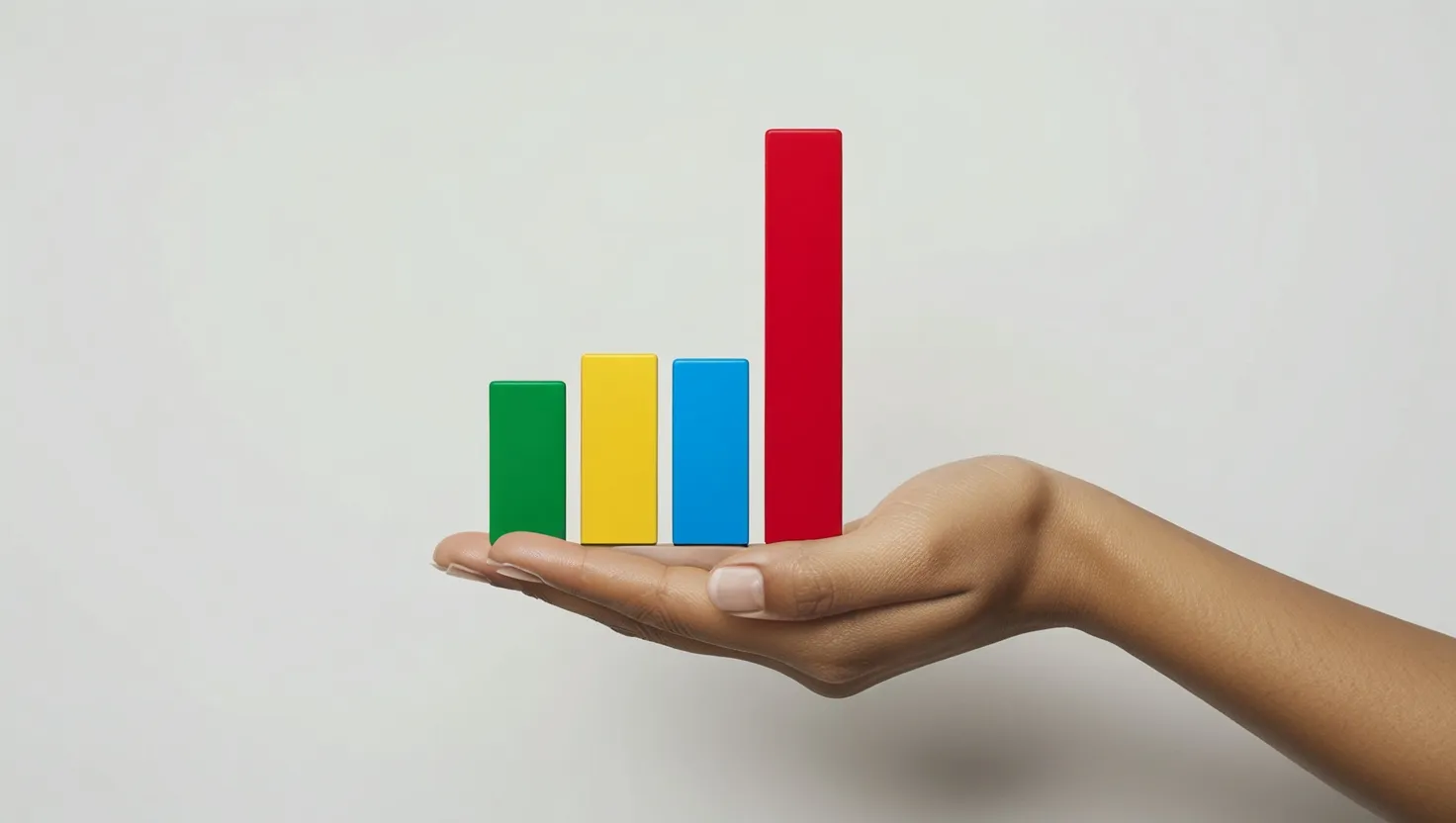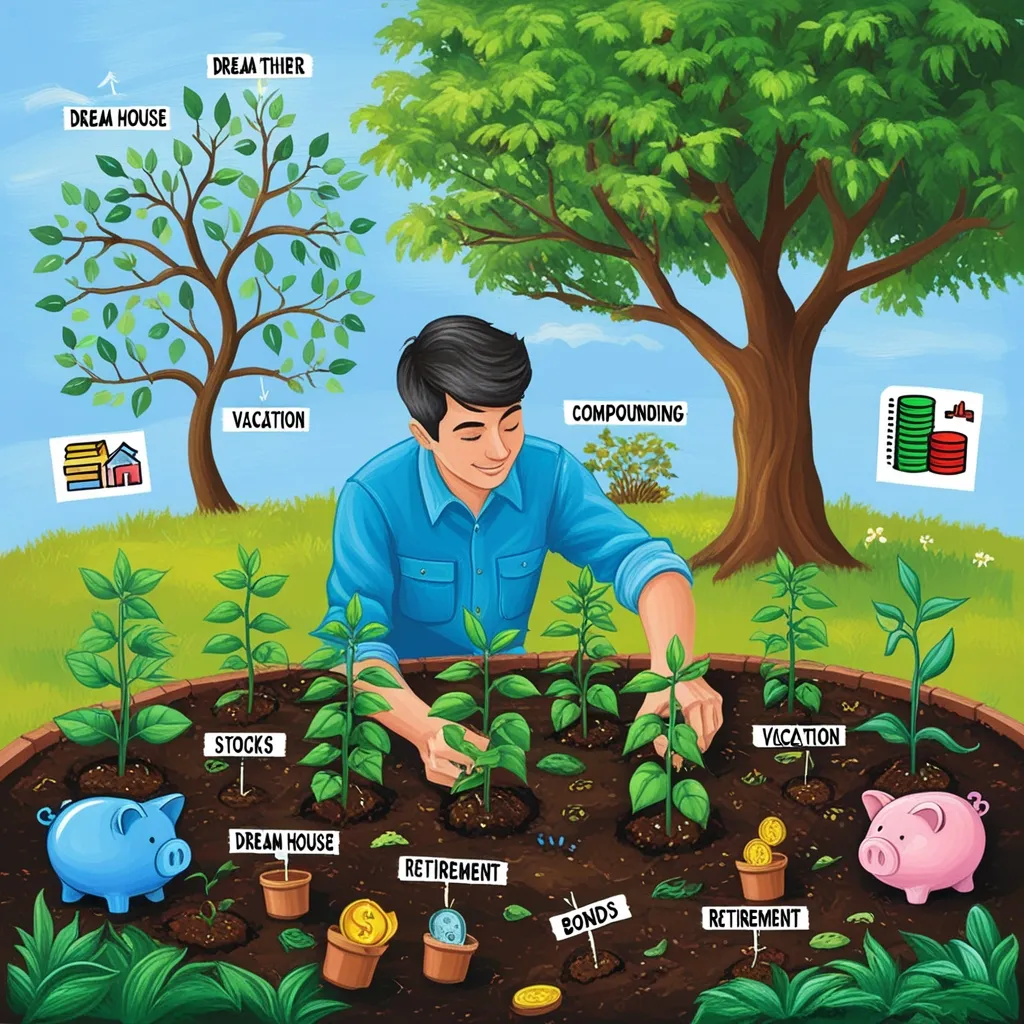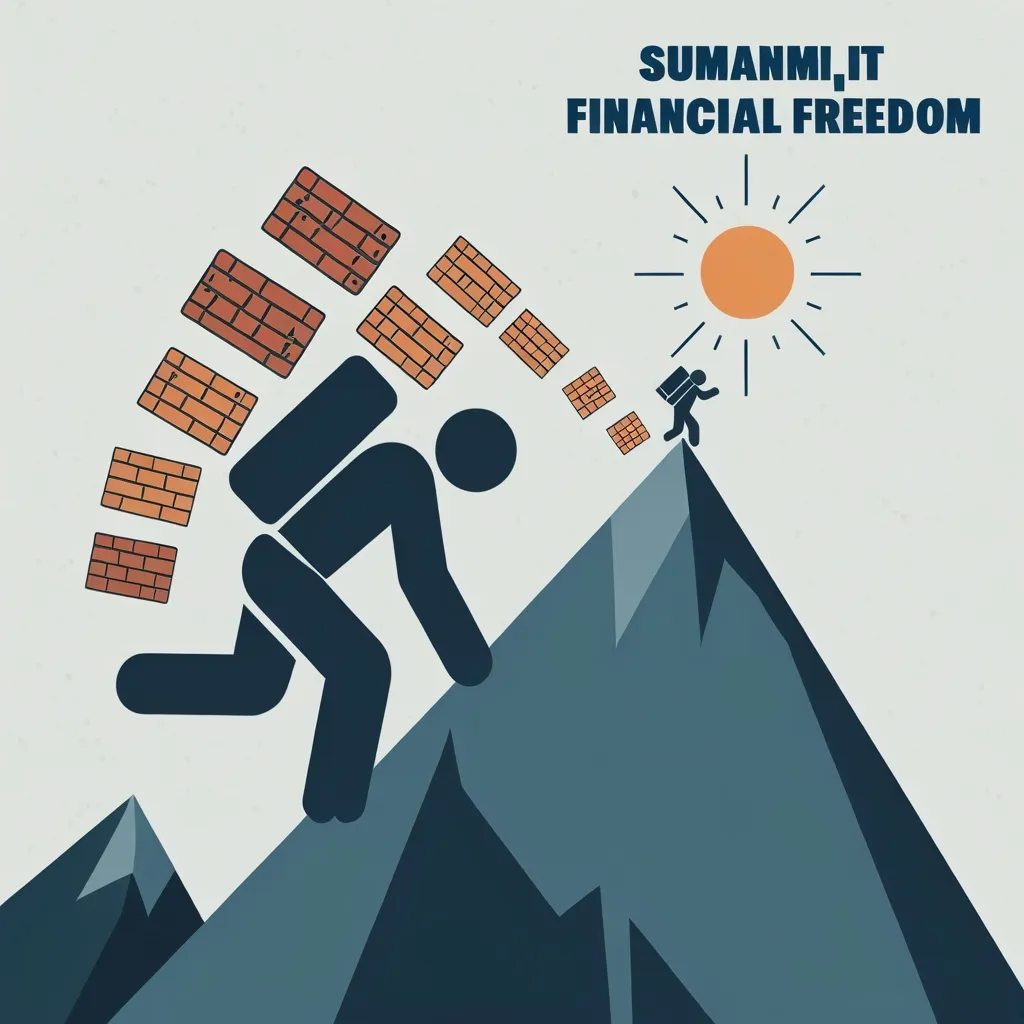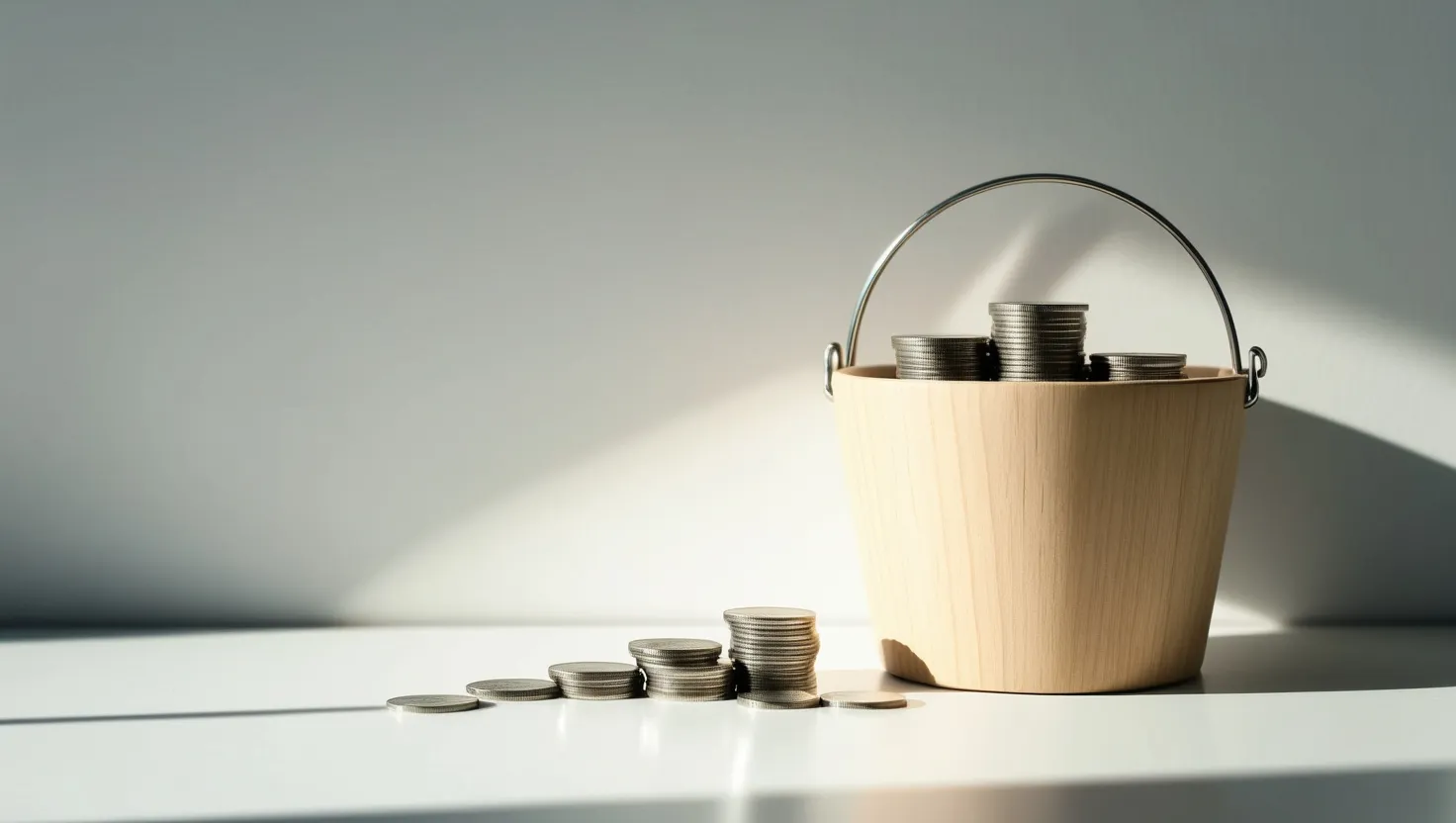The Cashless Economy: A Double-Edged Sword
In our fast-paced world, the idea of ditching physical cash for a fully digital payment system is becoming more than just a pipe dream. It’s a reality that’s slowly creeping into our everyday lives. But are we truly ready to embrace a cashless society? Let’s dive into this fascinating topic and explore the ups and downs of living in a world without cold, hard cash.
Imagine waking up one day and realizing you don’t need to fumble for coins or worry about having enough bills in your wallet. Sounds pretty sweet, right? That’s the promise of a cashless economy. It’s all about convenience and efficiency. Picture this: you’re grabbing your morning coffee, and instead of digging through your pockets for change, you simply tap your phone or wave your card. Boom! Transaction done in seconds. It’s like magic, but it’s just technology doing its thing.
But it’s not just about saving time at the checkout. A cashless society could potentially put a serious dent in crime rates. Think about it - if there’s no physical cash to steal, wouldn’t that make life a whole lot harder for thieves? And it’s not just petty theft we’re talking about. Digital transactions leave a trail, making it tougher for big-time criminals to launder money or dodge taxes. It’s like shining a spotlight on shady dealings.
Now, let’s talk about managing your money. In a cashless world, every penny you spend is tracked. It might sound a bit Big Brother-ish, but hear me out. This level of transparency can be a game-changer for budgeting. No more wondering where all your money went at the end of the month. With everything recorded digitally, you can see exactly what you’re spending and where. It’s like having a personal financial advisor in your pocket.
And it’s not just about personal finance. A cashless economy could be a lifeline for people who’ve been left out of traditional banking systems. Think about folks in remote areas or those who can’t afford bank fees. Digital payments could bring them into the financial fold, giving them access to services they’ve been missing out on. It’s about leveling the playing field and giving everyone a fair shot.
But hold on, before we get too excited about this brave new world, let’s pump the brakes a bit. Like anything in life, a cashless society isn’t all sunshine and rainbows. There are some pretty significant downsides we need to consider.
First up, privacy. In a world where every transaction is digital, you’re leaving a trail of breadcrumbs everywhere you go. Your morning coffee, that impulse buy at lunch, the late-night pizza order - it’s all recorded. Now, you might think, “So what? I’ve got nothing to hide.” But it’s not just about hiding things. It’s about having the freedom to make choices without feeling like you’re being watched. There’s something to be said for the anonymity of cash.
And let’s not forget about security. Sure, digital payments are generally safe, but they’re not bulletproof. Cybercriminals are always finding new ways to hack into systems and steal data. It’s like a never-ending game of cat and mouse. And when a breach happens, it’s not just your money at risk - it’s your personal information too. That’s a scary thought.
Then there’s the tech dependence issue. In a cashless world, what happens when the power goes out? Or when your phone dies? Suddenly, you’re cut off from your money. It’s like being stranded on a desert island, but instead of coconuts, you’re surrounded by things you can’t buy. And for folks who aren’t tech-savvy or don’t have access to the latest gadgets, a cashless society could be a real nightmare.
Let’s talk about inequality for a second. While a cashless economy could help some people access financial services, it could leave others behind. Think about elderly people who aren’t comfortable with technology, or folks in rural areas with spotty internet. For them, a cashless world isn’t just inconvenient - it’s exclusionary. It’s like building a shiny new city but forgetting to add ramps for wheelchairs.
And here’s something you might not have thought about - overspending. When you’re not physically handing over cash, it’s easy to lose track of how much you’re spending. It’s like playing a video game with fake money - it doesn’t feel real until you see your bank statement at the end of the month. And by then, it might be too late.
Now, let’s zoom out and look at the bigger picture. The shift towards a cashless economy is already happening, whether we like it or not. The COVID-19 pandemic gave it a massive boost, with people and businesses turning to contactless payments to minimize physical contact. It showed us both the good and the bad of going cashless.
On one hand, it was super convenient and helped reduce the spread of the virus. On the other hand, it exposed vulnerabilities in our digital systems and highlighted the digital divide in our society. It’s like we got a sneak peek of a cashless future, warts and all.
So, what’s the verdict? Are we ready for a completely cashless world? The short answer is: not quite yet. But that doesn’t mean we’re not heading in that direction. The key is finding a balance. We need to embrace the benefits of digital payments while addressing the drawbacks.
This means developing more secure systems that protect our privacy and our money. It means creating inclusive solutions that don’t leave anyone behind. And it means educating people about managing their finances in a digital world.
The future of money is likely to be a mix of digital and physical. Maybe we’ll see new forms of digital currency, like cryptocurrencies, become more mainstream. Or perhaps we’ll develop entirely new ways of exchanging value that we haven’t even thought of yet.
One thing’s for sure - the way we think about and use money is changing. And as we navigate this shift, we need to be mindful of the impact it has on everyone, not just the tech-savvy or financially well-off.
In the end, the move towards a cashless economy is about more than just convenience or efficiency. It’s about reimagining our relationship with money and with each other. It’s about creating a financial system that works for everyone, not just a select few.
So, as we stand on the brink of this cashless future, let’s approach it with both excitement and caution. Let’s embrace the possibilities while being mindful of the pitfalls. And most importantly, let’s make sure that in our rush to digitize everything, we don’t lose sight of the human element.
After all, money - whether it’s cash or digital - is just a tool. It’s what we do with it that really matters. So here’s to a future where everyone has access to the financial tools they need, where transactions are secure and transparent, and where we can all participate in the economy, regardless of our tech skills or bank balance.
The cashless economy is coming, folks. Are we ready for it? Maybe not entirely. But with careful planning, thoughtful implementation, and a focus on inclusivity, we can build a financial future that works for everyone. And that’s something worth getting excited about.
